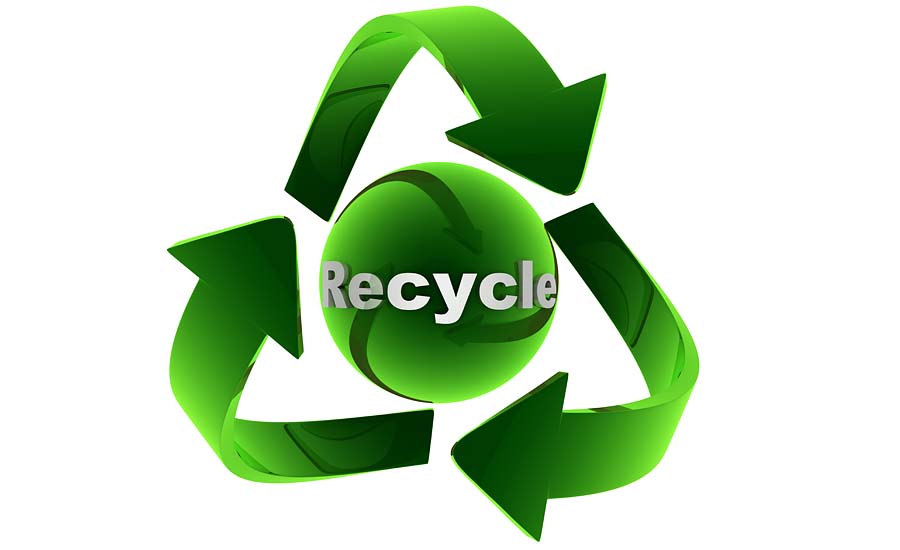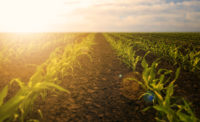As part of its deeper commitment to sustainable food production, Tyson Foods, Inc., Springdale, Ark., announced a collaboration with the World Resources Institute (WRI), Washington, D.C., to develop science-based greenhouse gas (GHG) and outcome-based water conservation targets for its operations and the company’s supply chain.
This agreement follows a recent announcement about Tyson Foods’ commitment to a healthier workplace and the decision to move to no antibiotics ever in its Tyson branded retail line of chicken.
“Sustainability is about thriving today and doing the right thing to thrive tomorrow,” saysJustin Whitmore, chief sustainability officer. “We’re collaborating with WRI on aggressive and attainable goals rooted in science. These will give us the opportunity to reduce our environmental impact over time, so we can benefit now and other generations will benefit in the future.”
“WRI is committed to working with companies focused on addressing today’s most pressing issues, from climate change to water risk,” says JP Leous, senior manager of corporate relations for WRI. “Setting targets based on science and leveraging WRI’s tools, such as the Aqueduct Water Risk Atlas enables business growth that supports thriving communities and healthy ecosystems upon which we all rely.”
Tyson Foods currently measures and reports GHG from sources it controls as well as indirect emissions from the energy it buys. Environmental targets designed with WRI will eventually involve collaborating with the company’s entire supply chain, including material and ingredient suppliers and the farmers who raise and supply Tyson with chicken, turkey, cattle and pigs.
“Tyson is focused on delivering sustainable food at scale,” Whitmore says. “Only by a comprehensive, holistic approach to sustainability can we make long-lasting positive change for our company, our consumers and customers, our team members and our planet.”



